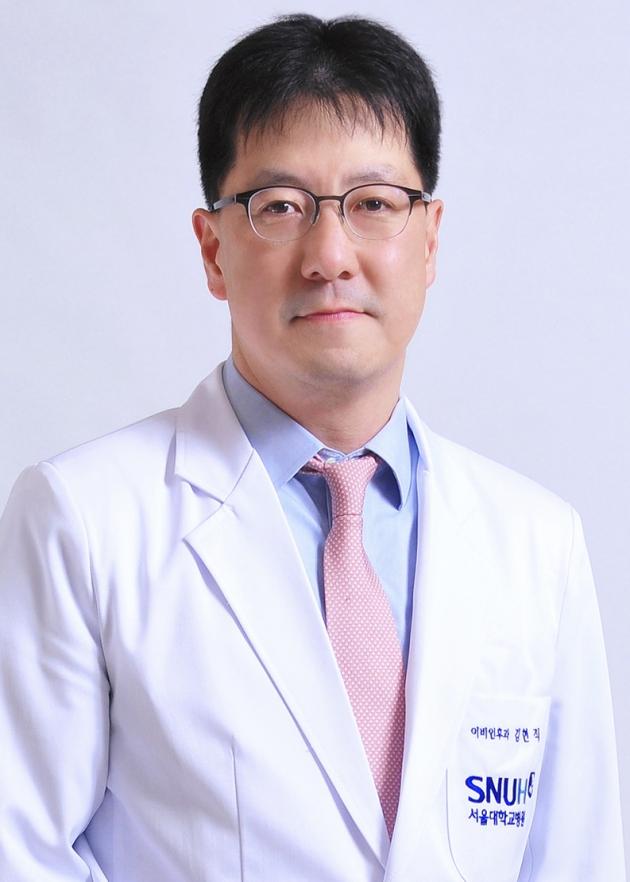Researchers at Seoul National University Hospital (SNUH) have found that robot-assisted tongue-base resection ensures a favorable therapeutic outcome to obstructive sleep apnea patients with lingual tonsil hypertrophy, the hospital said Monday.

The rate of patients diagnosed with obstructive sleep apnea is increasing steeply. Although continuous positive airway pressure (CPAP) therapy is the primary recommended therapy for sleep apnea patients, most patients have a hard time using CPAP devices as they have to use the device for the rest of their lives.
According to data from SNUH, about 50 percent of the patients gave up on using CPAP devices within one year. Most of these patients opt for surgery.
Obstructive sleep apnea surgery removes body parts such as a nasal cavity, tonsil, soft palate, and tongue root.
In particular, a high percentage of patients who have failed to cure the symptoms after undergoing surgery have tongue root that is not adequately corrected.
To overcome such problems, researchers have started to use robotic surgery, which improves the success rate of surgical treatment by correcting the tongue root by safely performing the operation, which had been difficult to reach with other devices.
The team, led by Professor Kim Hyun-jik of the Department of Otorhinolaryngology, looked closely at the upper closure site in patients with severe obstructive sleep apnea who had failed CPAP or who stopped wearing CPAP devices.
Afterward, the team conducted a robotic surgery for patients with severe closure of the tongue root during sleep.
As a result, the sleep apnea index decreased from 49 times per hour to 18 times on average. Also, oxygen saturation during sleep rose from 82.0 to 90.5 percent, while daytime sleepiness improved from 17.6 to 7.1 times.
Although there were pain and discomfort for one to two weeks after surgery, complaints such as dysphagia, abnormal sensation, taste loss, and dry mouth, disappeared within three weeks.
“Despite the study proving that robotic surgery is effective in sleep apnea patients with airway obstruction due to hyperplasia of the tongue, it does not apply to all patients,” Professor Kim said. “Patients should seek physical examination such as endoscopy to find the optimal treatment.”
Scientific Report published the results of the study.

